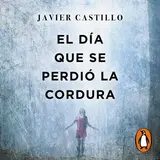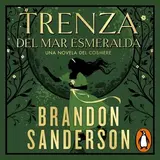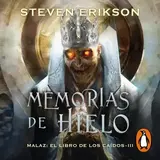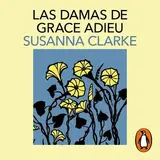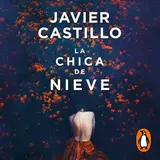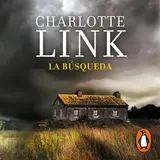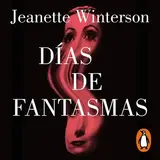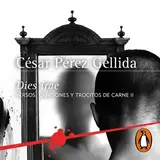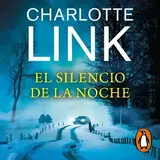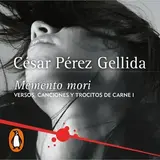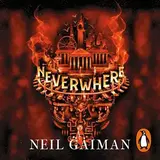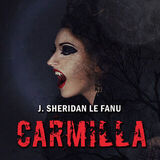

Carmilla
Narrador: Martina Mercer-Hall
Duración 2h 46m
The moonlight spills like silver across ancient walls, and somewhere in the velvet darkness, a whisper stirs—a name, half-sighed, half-forgotten. Carmilla. A name as soft as a caress, as chilling as a shadow at the edge of the candle's glow. She does not knock at your door; she drifts through it like a dream. She is beauty wrapped in mystery, desire woven with dread.
This is not a story of fangs bared in the night, nor of crude terrors lurking in the crypt.
Carmilla is subtler, more intoxicating—a tale that shivers on the border between love and death, fascination and fear. It is the pulse quickened without reason, the gaze held too long, the hush of silken footsteps on cold stone.
Long before
Dracula cast his shadow over the genre, Joseph Sheridan Le Fanu shaped the vampire legend with an elegance both haunting and hypnotic. He understood that true horror does not always come in the shape of monsters but in the slow unraveling of certainty, the delicate trespass of the unknown into the familiar.
To read
Carmilla is to step into a dream—one of moonlit corridors and stolen glances, of fevered devotion and something else, something nameless and ancient, curling at the edges of the night. But beware: dreams have a way of lingering, and shadows… shadows are never empty.
Joseph Sheridan Le Fanu (28 August 1814 – 7 February 1873) was a master of the eerie, a weaver of shadows whose name still lingers in the dim-lit corridors of Gothic fiction. Born in Dublin to a literary family, he seemed destined to shape nightmares, though he first dabbled in law before surrendering to the call of the pen.
Le Fanu's genius lay in the subtle art of unease. He shunned the crude horrors of the grotesque, preferring the whisper of something unseen, the rustle of a ghostly presence just beyond the veil. His most enduring creation,
Carmilla (1872), predates
Dracula and introduced one of literature's first female vampires, blending seduction with dread in a tale as hypnotic as it is chilling. Yet his spectral touch extended beyond the undead—his
In a Glass Darkly (1872) remains a benchmark of psychological terror, where reason and the supernatural blur.
A reclusive soul, Le Fanu withdrew further into the gloom after his wife's death in 1858, his fiction growing ever darker. By the time he passed away in 1873, he had reshaped the ghost story, replacing rattling chains with hushed whispers, unseen figures, and an atmosphere so thick with dread it could smother the candlelight. His legacy persists, a specter in the literature of fear, still waiting in the dim glow of twilight to unsettle new generations.
Publicado por: Strelbytskyy Multimedia Publishing
Título similares
Ver todos¿Cómo funciona?
Crear cuenta.
Crea una cuenta gratuita aquí.
Descarga la aplicación Voxa
Disponible para Android y iPhone en Google Play o App Store.
Pruébalo gratis 7 días
Tienes acceso a 200,000 libros y a toda la experiencia Voxa.
Puedes escuchar sin Internet
Descarga tus audiolibros favoritos y disfrútalos incluso sin conexión a Internet.








